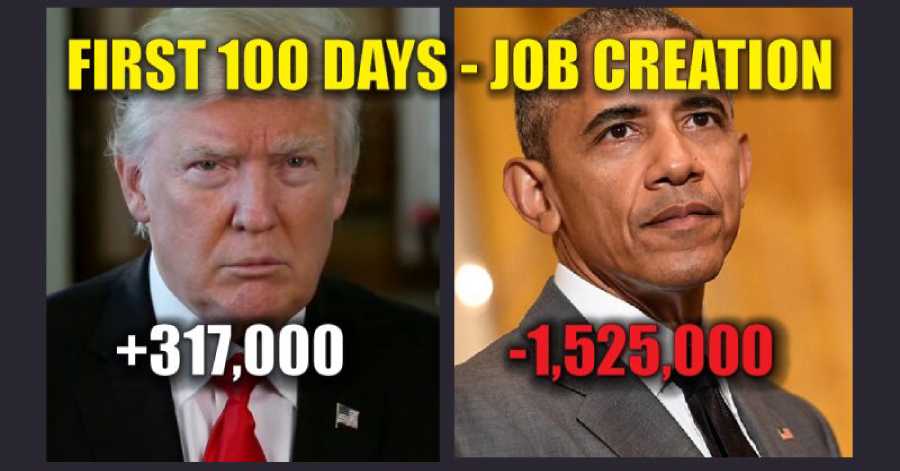

Apparently motivated by an agreement not to compete at a restaurant chain that prevented employees, including delivery drivers, from working at a competing business within two miles of any of its restaurants, beginning on January 1, 2017, the Illinois Freedom to Work Act will make agreements not to compete for all employees earning less than $13 an hour-or the minimum wage required by applicable federal, state, or local minimum wage law-illegal. States including Delaware, Colorado, and Texas, for example, severely limit the applicability of covenants not to compete directed at physicians. Scholars have demonstrated that California’s long-standing refusal to enforce non-compete clauses has boosted the economy, specifically in Silicon Valley, by enabling new startups to attract top engineers and designers from established firms without a legal hassle.įar from being used to exploit workers, agreements not to compete for unskilled laborers give potential employers stronger incentives to take the risk of hiring and training workers who are unskilled and have no work histories to recommend them.

High-paid workers who bring an array of skills and a broad educational background with them to the workplace benefit from being allowed to change jobs freely. The opposite is true.Īs with so many of government’s ideas, state-sponsored efforts to “help” low-wage workers by invalidating agreements not to compete does not provide succor for the poor. It simply makes no sense to assert that giving employers broader powers makes them less likely to hire workers. Restricting workers from jumping ship and going to work for a nearby competitor will exert upward pressure on wages, not downward pressure. Though covenants not to compete are correlated with higher unemployment and lower wages, they do not cause unemployment or low wages. Some scholars have argued that non-compete agreements cause low wages, and the Obama administration appears to have bought this specious argument lock, stock, and barrel. Enforcing non-compete clauses is necessary to induce employers to take the costly and risky step of hiring untrained workers who must be trained before they can become fully productive. That’s why the wages are low in the first place it is a simple matter of supply and demand. This is sensible, because employers in such states are facing a relatively large supply of untrained workers for the jobs that are available in the jurisdiction. The Treasury Department has found that jurisdictions with lower-wage workers tend to enforce non-compete clauses. If, as the Obama plan envisions, a worker could simply jump ship after a two-week training period for a few cents more an hour or slightly better working conditions, employers would not be able to afford much training. In the absence of enforceable covenants not to compete, employers will invest less in on-the-job training, a critical job perk for under-educated workers.

Obama learning on the job drivers#
Even truck drivers and Uber drivers learn better work habits, not to mention valuable rush-hour shortcuts on important routes, such as to a local airport or central business district. Even low-skill jobs require some skills and knowledge, particularly as fast food restaurants, warehouses, and other low-skill job venues become more automated. There is a solid economic reason for this: A worker’s value to his employer increases over time as he develops skills and experience on the job. But what the data do not show is how many fewer workers are hired-how much less training is given in jurisdictions that decline to enforce non-compete agreements.

It is true that non-compete clauses are often used in low-wage jobs, such as those held by fast-food employees and warehouse workers.


 0 kommentar(er)
0 kommentar(er)
